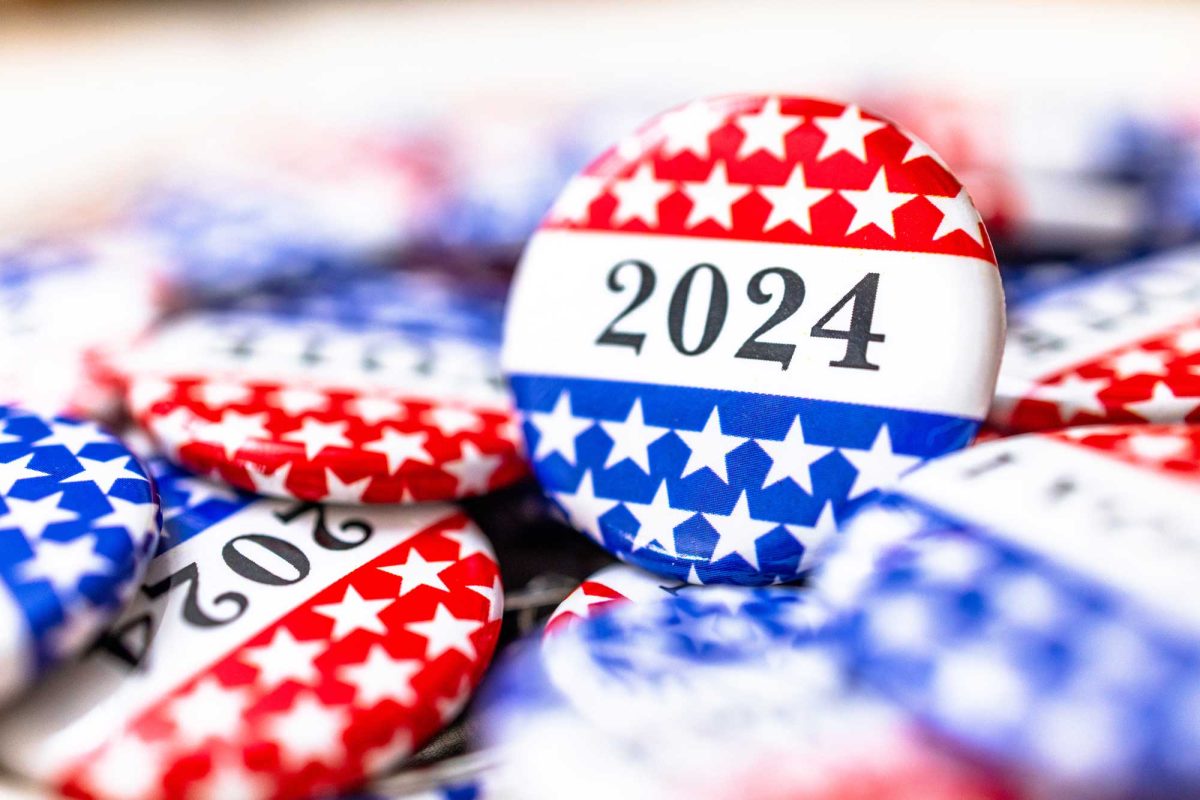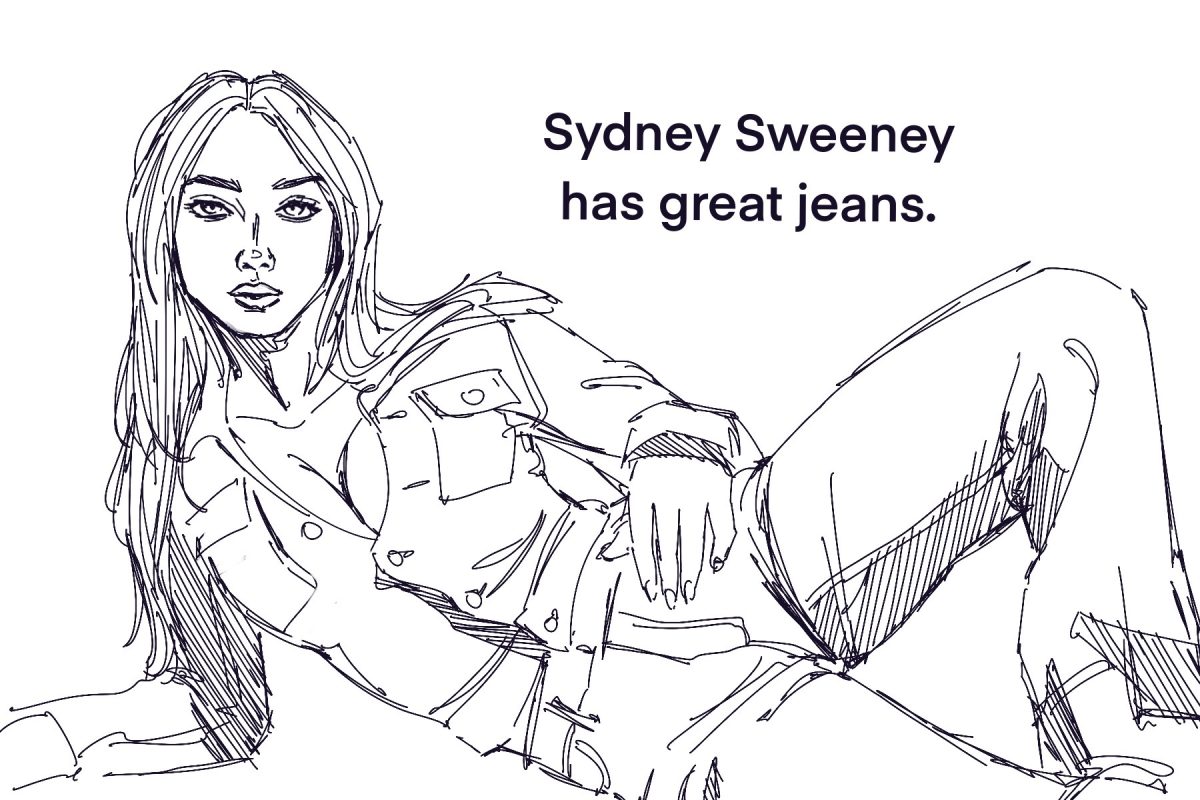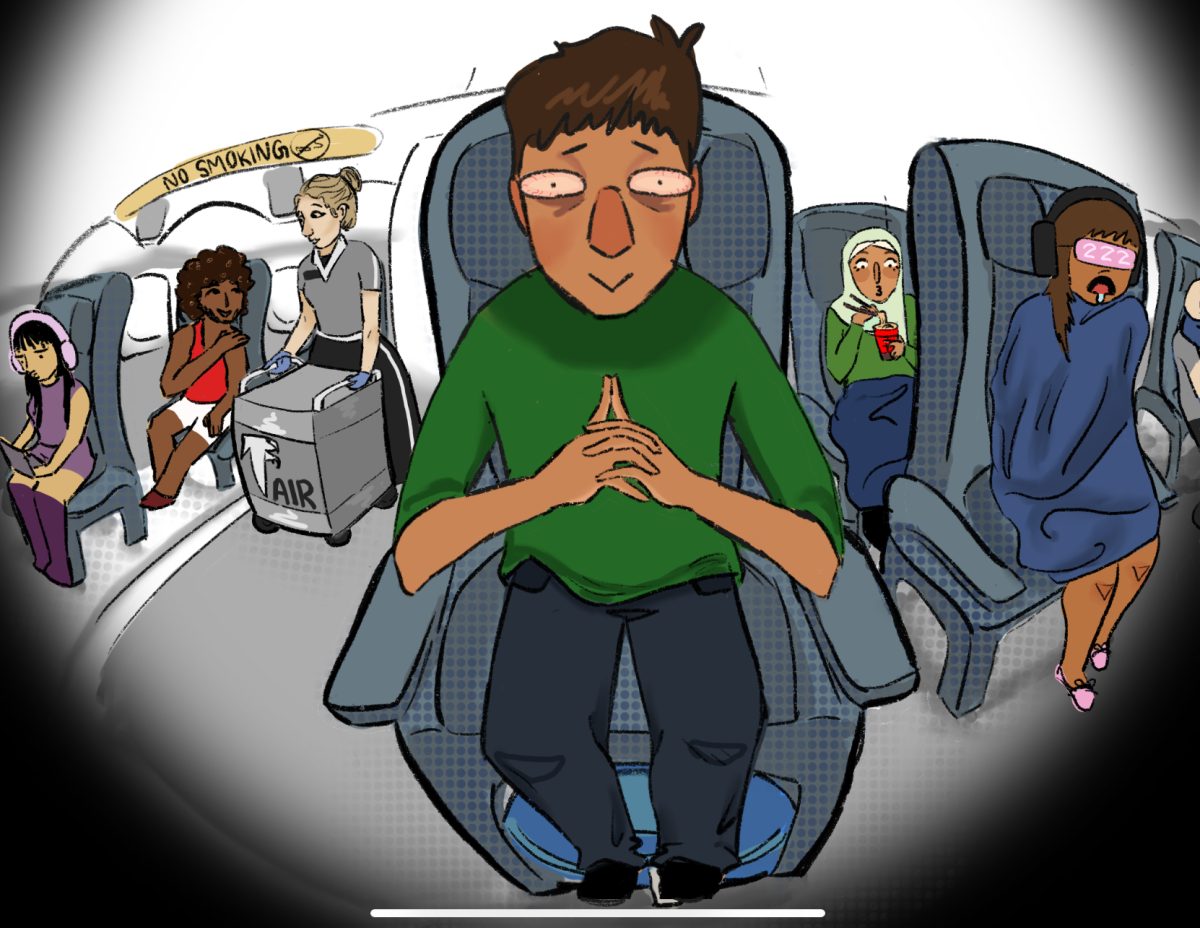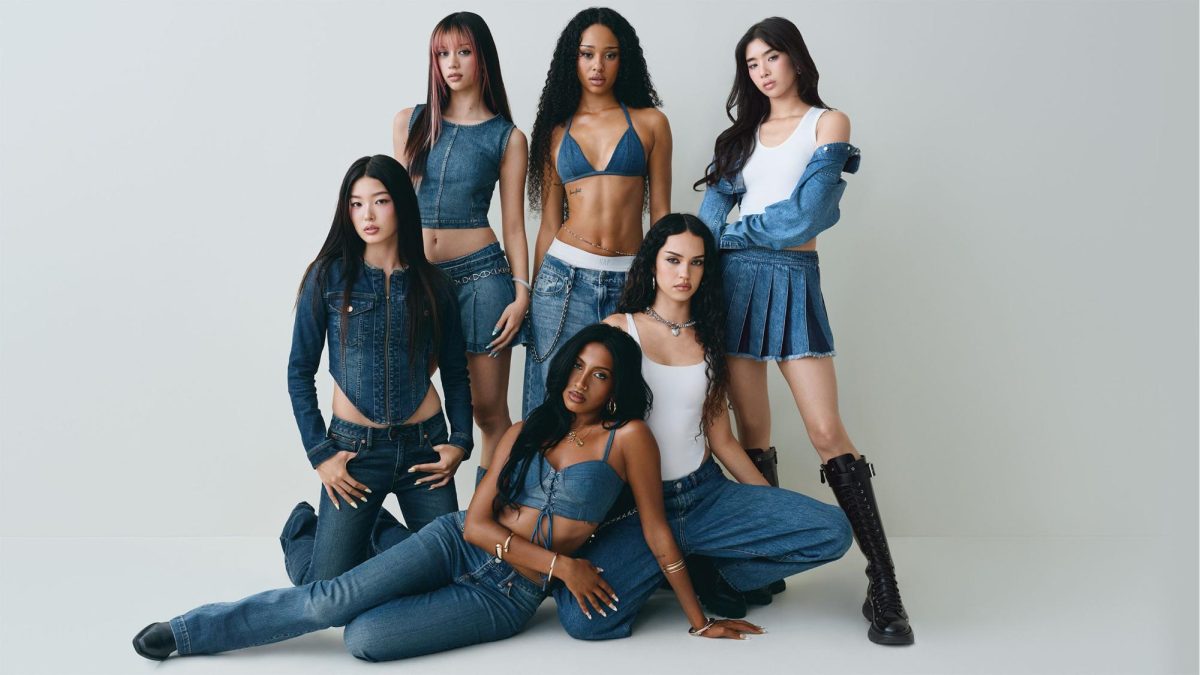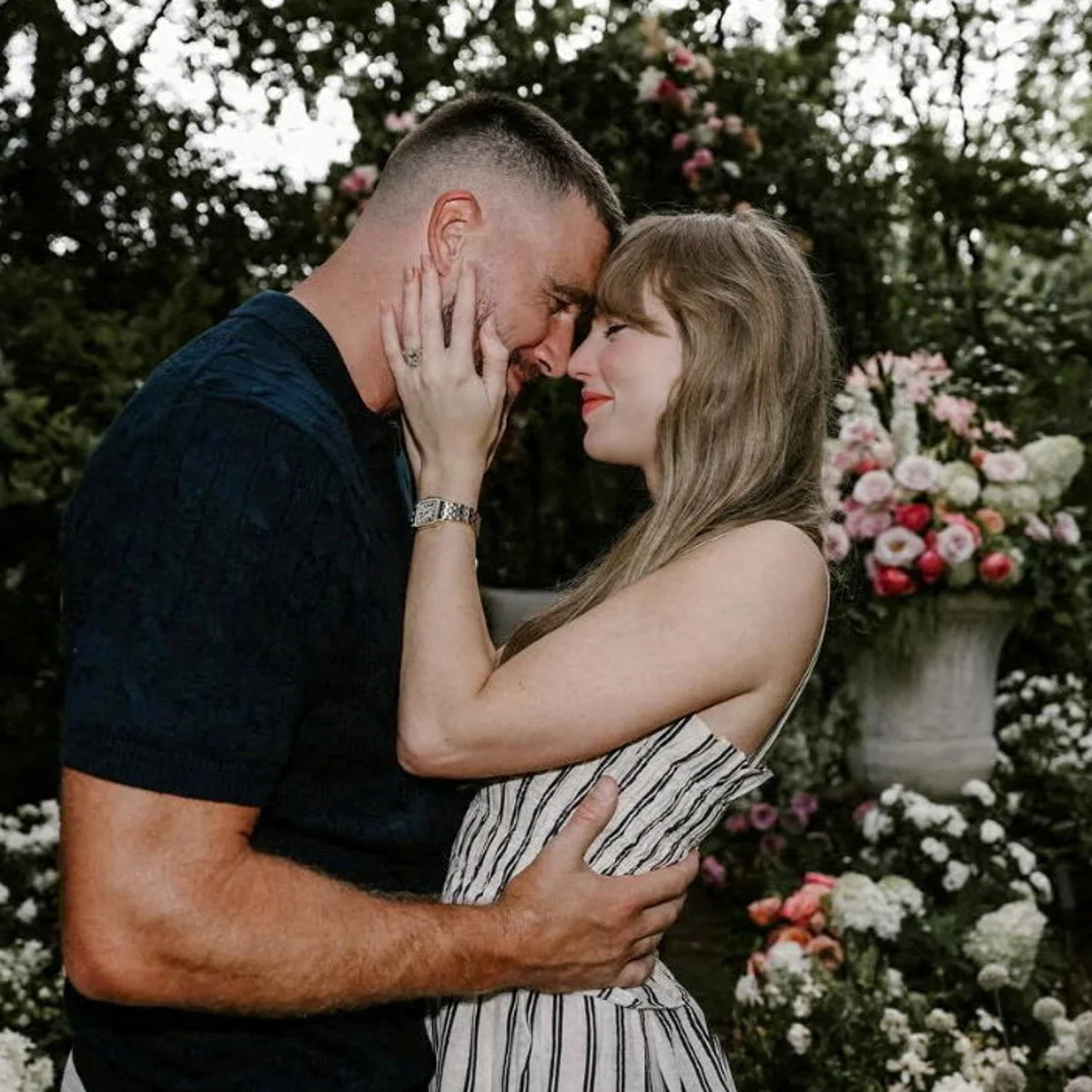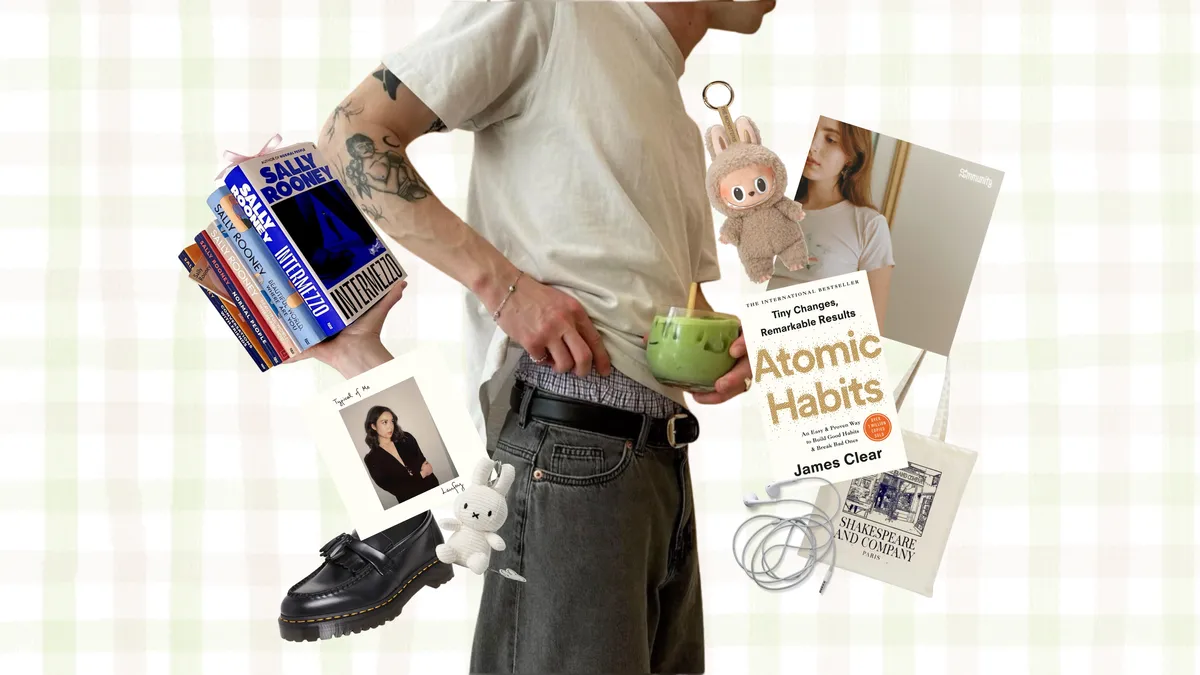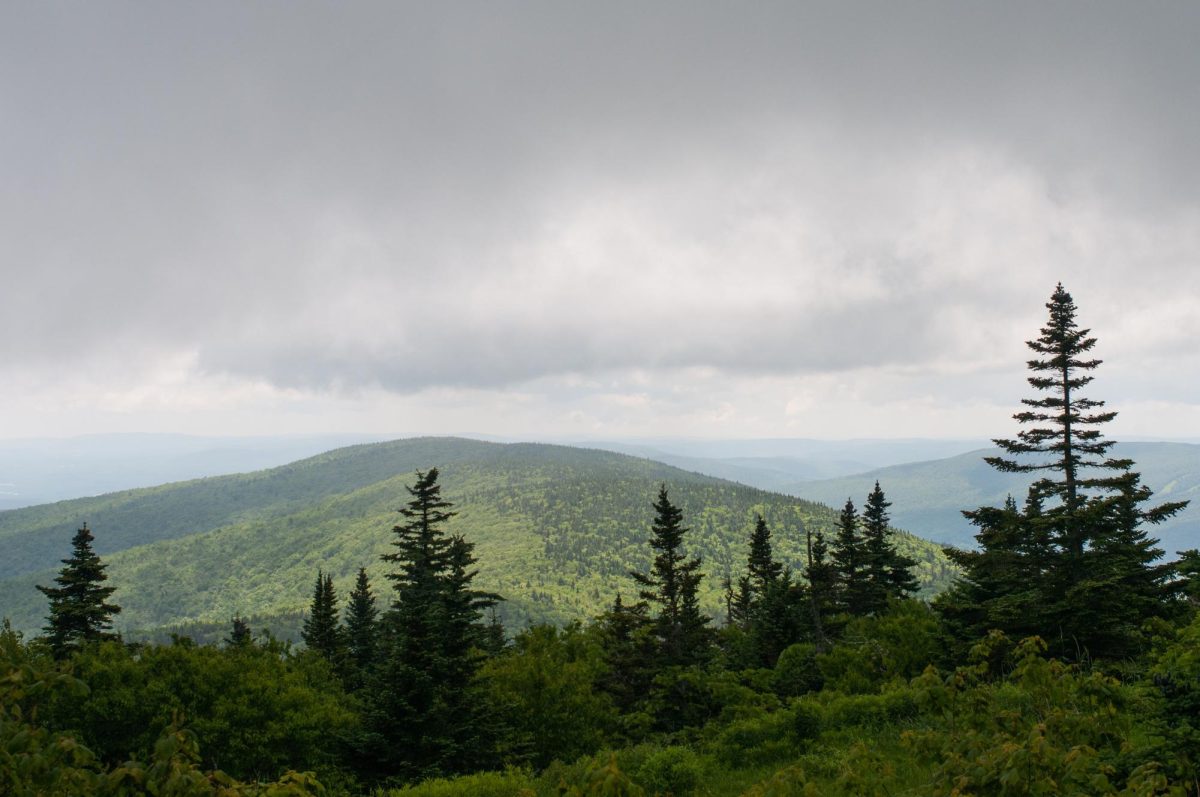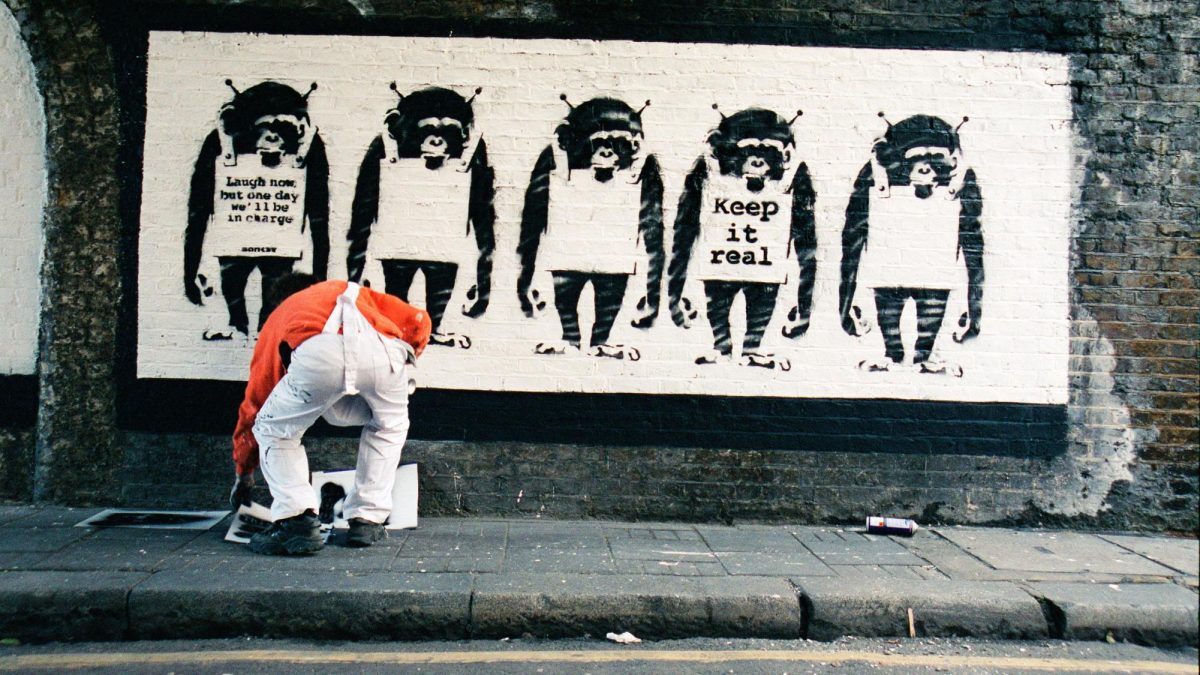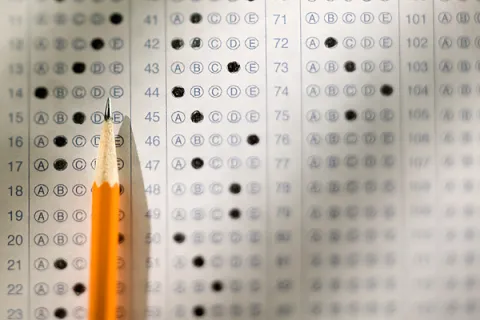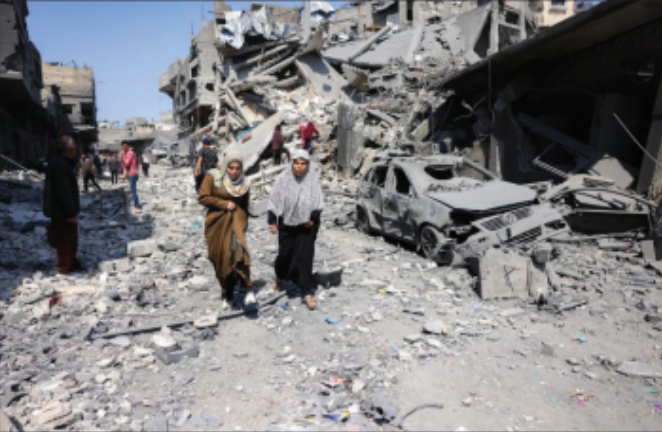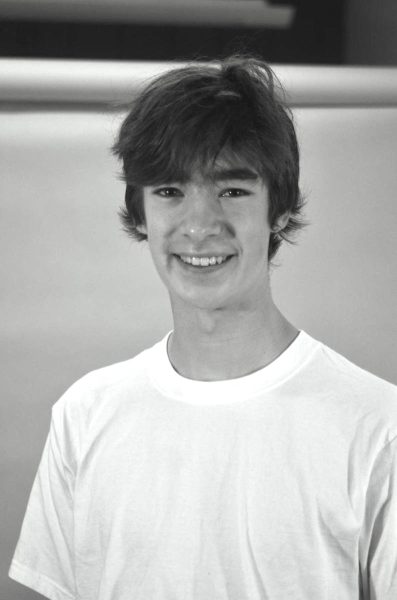In the weeks following the 2024 election, you’ve probably heard lots of talk around CRLS about what another Trump term will mean for the US. The Register Forum published three opinion articles that were explicitly anti-Trump, and 3 out of the 4 election-related quotes from students were also opposing Trump. However, one thing you’re unlikely to hear at CRLS is excitement for Trump taking office. In fact, you’d be hard-pressed to find a single student willing to go on record supporting the president-elect.
Many areas in America are politically divided, but Cambridge’s divide is extremely evident. Among students surveyed, the average perceived number of conservative students at CRLS was 160. That is less than 10% of the total student population. And this doesn’t consider that the number of vocally conservative students is much smaller.
The level of disparity at CRLS has disastrous consequences for political discourse. When there are no opposing viewpoints to challenge the dominant ideology, society collapses. Instead of meaningful debate and conversation, people will seek to push their rhetoric to the extremes.
This dynamic can especially be seen in the CRLS response to the 2024 election. In the November edition of the Register Forum, there wasn’t much concrete policy discussion or meaningful debate about the two candidates. The same rationale was exchanged back and forth between members of the great CRLS echo chamber.
Washington Blask ’26 told the RF that one-sided media coverage negatively affects students: “[students] don’t understand the reasons… they don’t have any access to people who believe differently than them.” Another CRLS student, who wished to remain anonymous, told the RF “There’s only one way, and it’s [the students’] way; if you say anything else, they’ll just say it’s stupid.” The unchallenged liberal consensus at CRLS doesn’t just hurt conservative students, but it creates a toxic environment for both sides, robbing all students of the opportunity for genuine debate and discussion.
One way to remedy this divide is to have political discussions in the classroom. Teachers encouraging discourse between students is a great way to foster a positive environment. However, many students had concerns about the teachers’ role in these discussions. “Political discussions are important to have, but it is really important that the teacher does not present the information in a one-sided way,” said Eugene Lee ’25.
CRLS is in a challenging position. It has a massive ideological disproportion and a student body that is okay with leaving the majority viewpoint unchallenged. CRLS teachers should encourage discourse among students but not get involved in the arguments themselves. Conservative students at CRLS should speak up about their viewpoints, and other students, in agreement or not, should respect their right to speak. If CRLS students want to make a difference in America, they first need to accept that most of our country doesn’t look like the Cambridge bubble. Instead, it looks like the country where Donald Trump received over 77 million votes out of 158 million. Once CRLS students wake up to this reality, we can start to dismantle the echo chamber that we have now.

